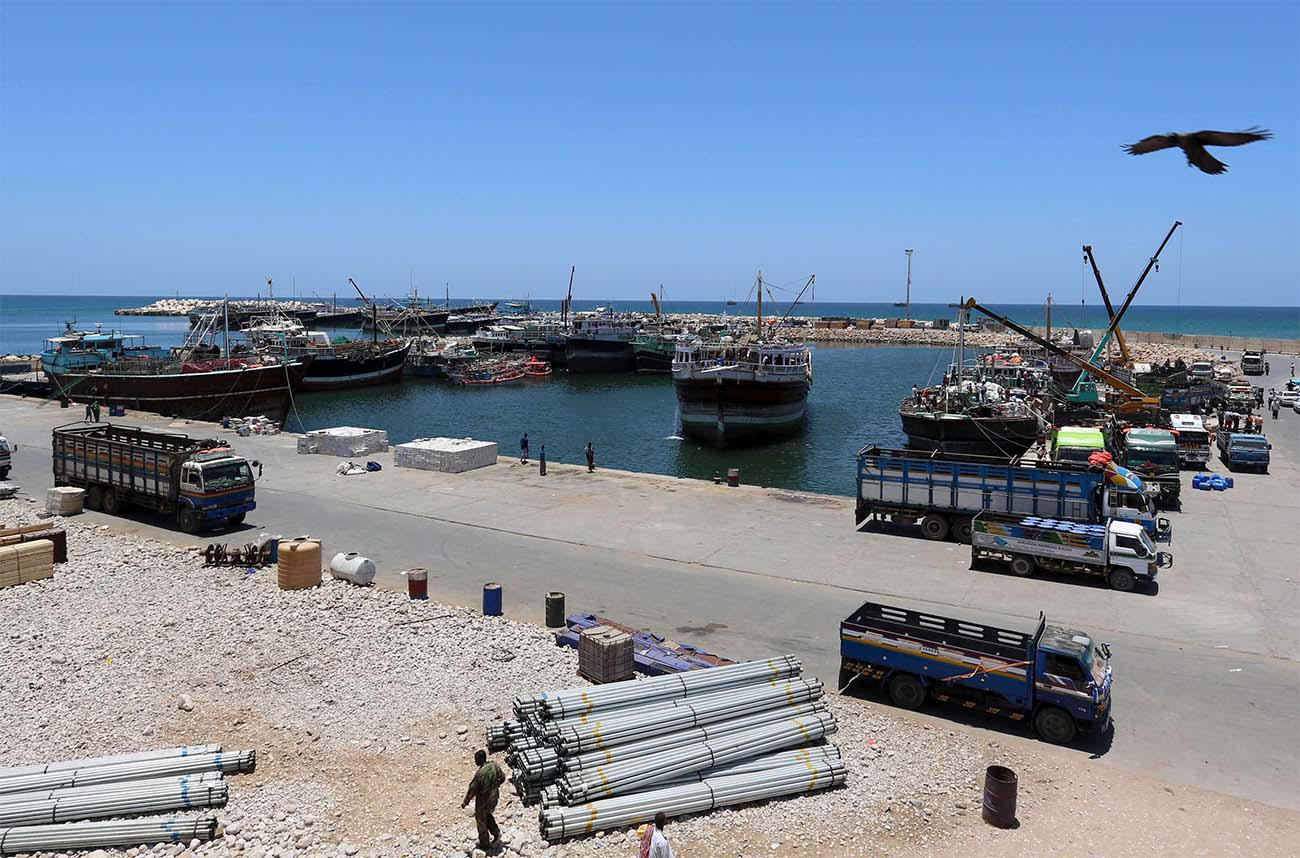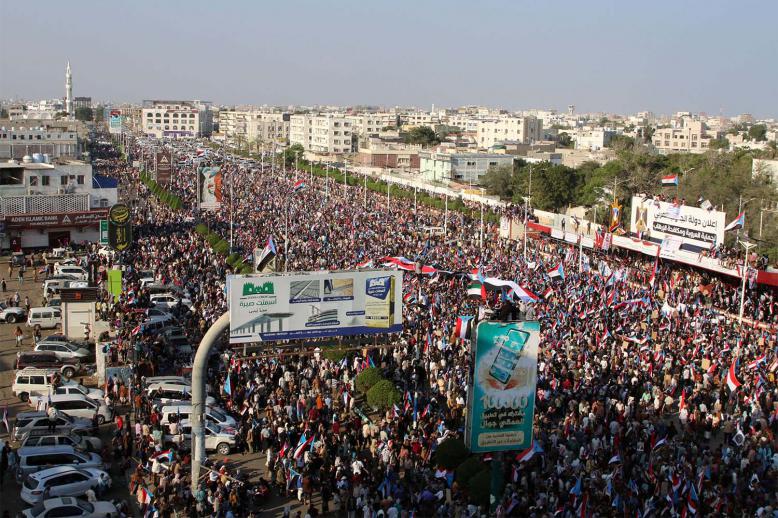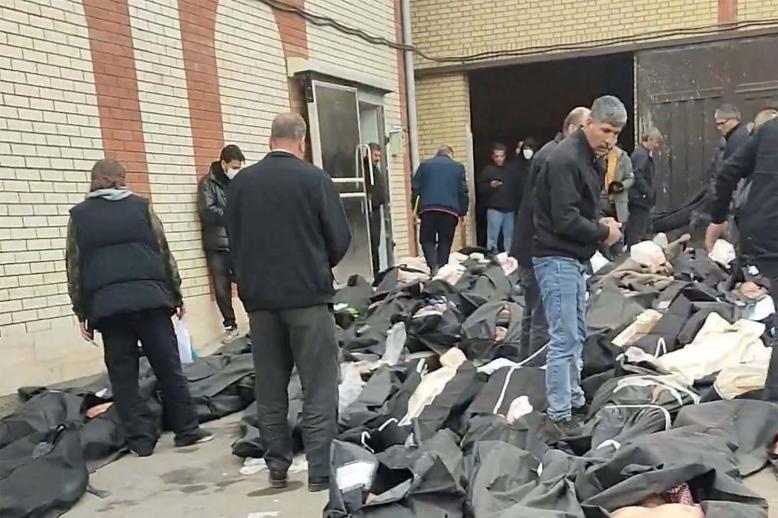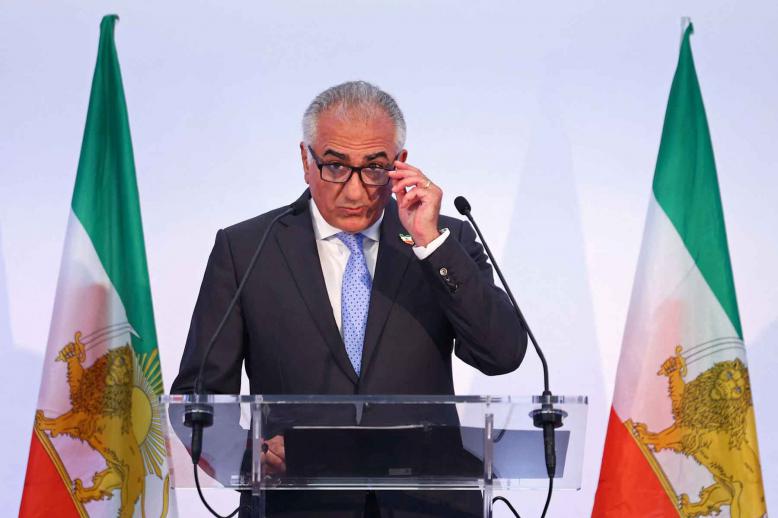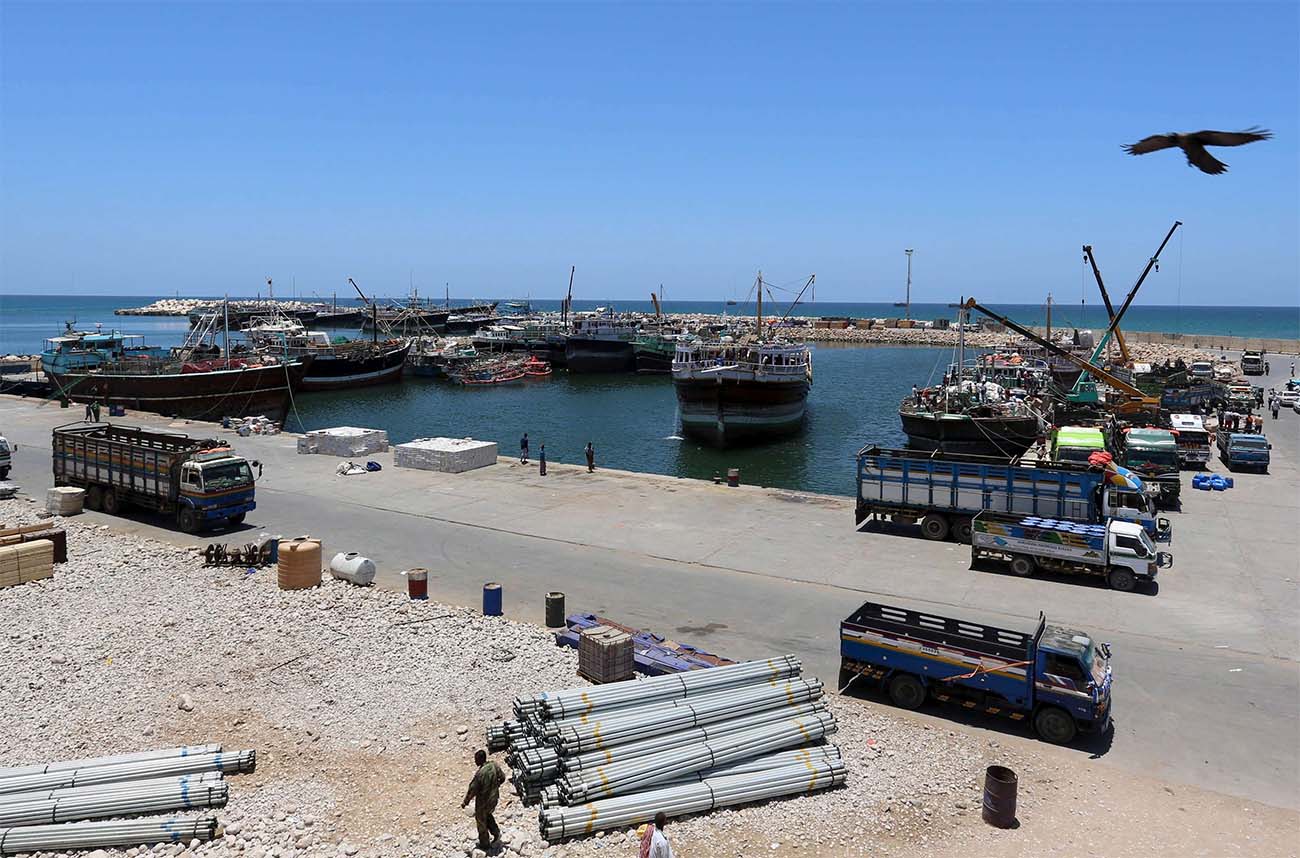Somalia: Demystifying fact from myth, friend from foe
RABAT - Qatar has been fingered for being behind a recent bombing of a port run by the UAE in Somalia, according to an audio recording. The Horn of Africa now appears to be new ground for Qatar to continue with its dabbling in hegemony despite Libya still being an open wound for Doha.
Since 1991, Somalia has been in chaos and encapsulates the western idea of a troubled African state.
In April 2018, the country made headlines around the world and got noticed after a UAE official was found bringing in almost 10 million dollars in cash in suitcases. For the Somalis, it wasn’t really a big deal whether the cash was for soldiers’ salaries or for bribing officials in Mogadishu.
The message resonated around the Middle East and beyond that Abu Dhabi was playing the role of some sort of hegemony broker, funding and training police and army, building hospitals and fighting terrorism – while Somalis' partner, Turkey, looks to be a supplier of military equipment for its government in Mogadishu.
Business in the horn of Africa was and remains an important interest with ports management the cash cow for the UAE.
The incident though came at a price as Somalis didn’t handle the debacle well, which led to the Emiratis suspecting that Qatar and Turkey were behind the ruse – resulting in Abu Dhabi downgrading the relationship to “business only” and shifting their focus away from Mogadishu to two rebellious regions of the Horn of Africa - the breakaway independent state of Somaliland and the semi-autonomous province of Puntland.
But is it merely business, which is likely to be behind the recent bombing in Bosasa in Puntland attributed to the UAE’s foe Qatar?
Since the shift of the UAE to these regions, many pundits wondered if Qatar would take up the slack in Mogadishu and start to flex its muscles across the country – as it has done in other countries in Africa, albeit on a surreptitious level – and worry about the implications of countries like Somalia being “sucked” into the competition.
“The new Geostrategic division in the Middle East that pits Qatar, Iran, Turkey and Russia against Saudi Arabia, the UAE, Egypt, Israel and the US has fuelled one war after the next and led to growing tensions in almost every part of the region” explains Professor Joshua Landis of the University of Oklahoma.
“We have seen both sides pour money and arms into wars into Afghanistan, Yemen, Libya, Syria, and Iraq over the last decades. Now the geographical reach of this cold war is spreading,” he adds when asked about Somalia.
The Bosasa bombing is interesting as the New York Times published an audio recording of a conversation which attributes the work to Qatar, or at least to militias in Puntland who want the UAE out of the region.
Others however don’t support the notion of geopolitical muscle-flexing but put more emphasis on the lucrative contracts of the ports themselves.
“The bombings and killings, we know who are behind them,” the businessman, Khalifa Kayed Al Muhanadi, said one week after the bombing” according to the Qatar-aligned Gulf News.
The violence was “intended to make Dubai people run away from there,” he said. “Let them kick out the Emiratis, so they don’t renew the contracts with them, and I will bring the contract here to Doha.”
Abdirahman Dirye, a respected analyst in Hergeisa, goes further and says that the Bosasa attack was an indicator of “Qatar pursuing its national interest in Somalia more aggressively” as to “reverse the stability gains by AMOSIM [UN peace keeping mission in Somalia]”.
“Qatar, a rogue state with billions of petrodollar money at their disposal, is doing what being expected to do: destabilizing entire sovereign country like Libya or adding fuel to the fire such in the case of Somalia using the powerful media outlet Aljazeera to advance the tiny nation’s interest overseas,” argues Dirye, who is Senior Editor at Democracy Chronicles and a columnist.
State within a state
Like many intellectuals in Somalia or Somaliland, Dirye is cynical about the UAE’s business interests and wishes that Abu Dhabi would invest more in infrastructure.
In Somalia, the state within the state is, by default Al Shabab, which, although less present in larger cities, has a more prominent following in rural areas and has a surreptitious presence in government. For the UAE to replace it, is not necessarily a bad thing, as compared to Qatar, the Emiratis are at least not operating in the shadows and no one has found a solution to take away the power of the extremist group nor form a national army which could bring stability.
Despite Qatar’s new beguiling interest by Washington, it still has a murky past in meddling in Libya and other countries on the continent, which has led some analysts to tarnish it with “rogue” status, but acknowledge that cash, investment and media all are very tempting to wobbling, if not failed states – with usually the Americans who are the last ones to see through the smoke and mirrors.
“That’s essentially what Qatar has long offered its friends: a platform, with access to money, media, and political capital. Washington has so far played along, but the question is whether the United States is actually getting played,” argues Aya Burweila & John M. Nomikos in their study Libya and the New Axis of Terror: Reshaping the Security Theater in MENA and Europe, quoting Elizabeth Dickinson in Foreign Policy.
Somalia tried hard to stay out of the spat started by Saudi Arabia and the UAE which sanctioned Qatar in 2017 but is however fertile ground for pay-as-you-go terrorist activities targeting UAE investments there. In fact, the same explosive report claims this is part of a theme which Washington probably is not aware of, which irks the UAE and Saudi Arabia to no end.
Qatar invested not only in the soft power of media outlets like al-Jazeera, prestigious think tanks like the Brookings Institution, and London real estate...but also in radical Islamist proxies.
According to a report by the Counter Extremism Project, “the Qatari government has paid ransom demands, shipped supplies, and funnelled billions of dollars of funding—to internationally-designated extremist groups throughout the Middle East and North Africa. These groups include al-Qaeda in the Arabian Peninsula (AQAP), Hamas, the Muslim Brotherhood, the Nusra Front, and the Taliban,” it reads.
And so Qatar sees an opportunity in Somalia with al Shabab and others willing to further its agenda. Relations between Somalia and the UAE have been tense since June of 2017 as Mogadishu resisted Emirati and Saudi pressure to cut ties with Qatar.
In May 2018 Abu Dhabi agreed to train security forces in Somaliland - a region in northern Somalia seeking secession from the rest of the country, despite it previously being merged into one country until to the collapse of the Siad Barre regime in Mogadishu 1991 glorified by the Hollywood movie ‘Black Hawk Down’.
UAE also signed with Somaliland a 30-year concession to manage Berbera Port in the semi-autonomous region. It has also started building a military base in the port city.
These activities and investments in these two ‘regions’ now appear to be under fire from Qatar which is exploiting the disenchantment of some Somalis there who might have been promised more cash, jobs and investment by Qatar which, coupled with Turkey, has huge ambitions in the region.
But is Qatar is really looking to financially exploit Somalia’s insecurity as some argue that its geopolitical manoeuvres are not as nefarious as hacks claim?
New kids on the block
Professor Harry Verhoeven, based in Doha, is pragmatic about Qatar’s itinerant style in operating in the MENA region and in Africa and believes the country is still at a learning stage about how to implement its regional policies – and even prone to one or two gaffes.
He also dispatches the myth, in a study he co-authored, that Doha is interested in investment opportunities in Somalia (rather than merely only security) and believes that the recent bombing might have been down to a misunderstanding or by local groups in Bosasa over stepping their reach.
“Because of these personal rivalries Qatar and the UAE are at loggerheads so you have this tit-for-tat...which is not very good for Somalia which could consolidate its security sector,” he told Middle East Online in a telephone interview.
Verhoeven, Editor of the Cambridge University Press book series on Intelligence and National Security in Africa & the Middle East, believes that, despite achieving much on a diplomatic level with EU countries in recent years, that in the MENA region Qatar still “operates in the shadows” in many such countries like Somalia and puts this down to its own embryonic state and less down to cloak and dagger histrionics; he is amused how western commentators brand it as such, contrasted to the UAE which many journalists wrongly consider a liberal western satellite in the Arab world – but which Verhoeven has no problem calling “the police state in the Middle East”.
“There is still this residue of Qatar being a rogue actor in the shadows and not being above board like the Emiratis and that’s difficult to counter” he explains.
“The institutional capacity here is very, limited so, the advantage of flexibility is that is that [Qatar] can move very quickly, but the downside is that things don’t get checked and you’re obliged to follow your biases and you don’t learn from previous experiences ...and there is so much money available which places extraordinary discretionary powers in the hands of individuals – both in formal and informal positions of power so this is destabilizing for Somalia, Ethiopia or Eritrea.”
This fandango in Doha is also replicated in Somalia. Al Shabab the infamous extremist organisation – an affiliate of Al Qaeda - permeates all strands of Somalia’s infrastructure. But few Somalis believe that it has an allegiance to one particular Gulf Arab country, with a recent story of one group instructing Somali pirates to release a Saudi tanker it had captured, doing the rounds.
It’s entirely feasible that Qatar is responsible for the Bosasa explosion as Al Shabab forces who are disgruntled with the UAE presence would accommodate their instruction – informally or formally.
But most Somalis don’t consider Qatar to be a legitimate state actor in the same way that they accept the UAE is, and so Doha needs to rethink its unedifying strategy in the Horn of Africa as the smart money says that it just shot itself in the foot.
Martin Jay won the UN’s highest award for foreign journalism in 2016 reporting in Lebanon. He first reported on Somalia in 1992. He can be followed on twitter at @MartinRJay


